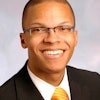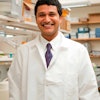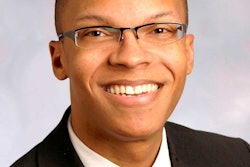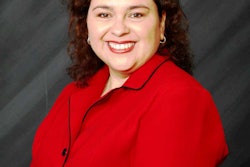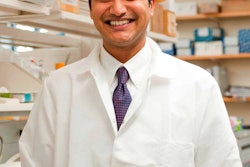At first he wanted to be a lawyer, but high school teachers steered Carlos D. Bustamante toward science, which he found more interesting. So he set out to become a doctor, like his father, until he discovered his true calling while working as a college freshman in a lab.
His ultimate career choice was affirmed last fall when the MacArthur Foundation named the population geneticist one of its “genius” award recipients. The honor underscores Bustamante’s rapid ascent in a field that, with the mapping of the human genome and others, has presented new opportunities to explore the evolution of different species. His research has ranged across the animal and plant worlds — and stretched around the globe.
“We’re interested in understanding how genes impact traits, so in humans that might be height or weight or disease susceptibility or hair color. In cattle, it might be milk yield,” says Bustamante, who has also researched the genetic structure of cultivated plants, such as rice, coffee and cacao, the main ingredient in chocolate.
“He’s kind of like the trifecta of major talent,” says Dr. Esteban González Burchard, associate professor of biopharmaceutical sciences and medicine at the University of California, San Francisco, referring to Bustamante’s experience in human, animal and plant research. “I think that’s what separates him from others in the field.”
Bustamante’s enthusiasm bubbles up in words like “cool,” “super-cool” and “awesome” as he talks about his research.
“We try to go where there are cool and interesting problems,” he says.
Bustamante has received media attention for research he conducted at Cornell University investigating where dogs were first domesticated, but he doesn’t cite that study as the work for which he is best known. Instead, the Venezuelan immigrant who spent his teenage years in Miami sounds most proud that his Stanford University lab is broadening genetics research to include people who have historically been left out.
“We’re one of the groups that have really been very passionate about studying African-American populations and Hispanic/Latino populations so that they get brought into the fold of medical genetics research,” says Bustamante, who moved to the Stanford University School of Medicine in 2009. “One of the really worrying statistics is that 90 to 95 percent of genetic studies are done in populations of European descent.”
Bustamante and his colleagues have reached out to minority communities whose historical experiences with medical research have been negative at times, making the case that, “if you don’t participate, you don’t benefit.” He is, for example, collaborating on a study with Burchard on why Puerto Ricans have the highest rate of asthma in the country, while Mexican-Americans have the lowest.
“That’s probably one of his major contributions. He’s really pushing the field, bending the steel, to look at other populations,” Burchard says.
Other projects that Bustamante has undertaken could hold historical significance. One samples Puerto Ricans to reconstruct the genome of Tainos, a Caribbean people who were wiped out after Europeans arrived. Another explores what can be learned from the African diaspora about the trans-Atlantic slave trade and the Middle Passage.
His work has also involved subjects or researchers in Mexico, South America, the Caribbean, Europe, Africa and Asia.
Bustamante’s fast track to scientific stardom started in a genetics lab at the University of Miami, where he began college in a six-year medical program. After a year, he transferred to Harvard University because geneticist Richard Lewontin was there. Bustamante then wound up working in Lewontin’s lab as a sophomore and as his teaching assistant the next year. In his first faculty job at Cornell, Bustamante went from assistant professor to tenured full professor in eight years.
Humbly, the MacArthur award winner says, “I wouldn’t be where I am without the great set of mentors that I’ve had.”
Title: Professor of genetics, Stanford University School of Medicine
Education: Ph.D.: Biology, Harvard University;
M.A.: Statistics, Harvard University;
B.A.: Biology, Harvard University
Age: 36
Career Mentors: Ken Spitze (University of Miami), Richard Lewontin (Harvard), Daniel L. Hartl (Harvard), Peter Donnelly (Oxford University), Andy Clark (Cornell University)
Words to Live By: Just try to do good by the people who’ve helped you out and do good by the people you’re mentoring.

